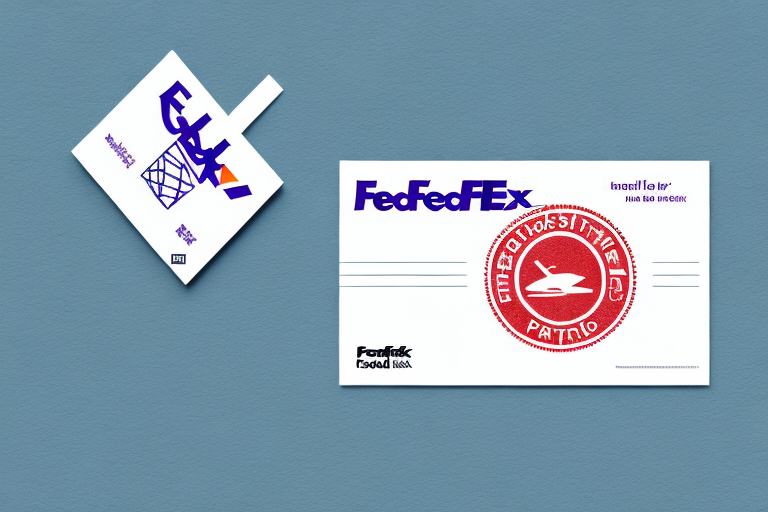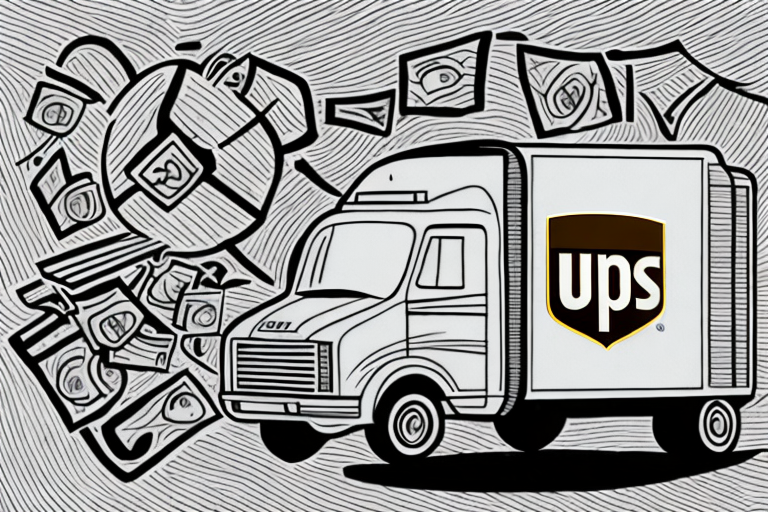Understanding USPS First Class Mail
USPS First Class Mail is a cost-effective service offered by the United States Postal Service, ideal for sending postcards, letters, and small packages. With delivery typically within 1-3 business days, it is a popular choice for both personal and business correspondence. However, it's important to note that USPS First Class Mail does not include automatic insurance coverage, making it essential to consider additional protection for valuable items.
Insurance Options for USPS First Class Mail
USPS Insurance
USPS Insurance provides coverage for lost, damaged, or stolen packages. You can insure your First Class Mail up to $5,000 for most shipments. The cost varies based on the package's value, starting at approximately $2.50 for items valued up to $50.
Third-Party Insurance Providers
Alternatives like Shipsurance and U-Pic offer similar coverage with different pricing structures. These providers may offer more flexible policies or better rates, so it's advisable to compare options to find the best fit for your needs.
Coverage Limitations
USPS Insurance covers the actual value of the package but does not cover the cost of the goods inside. High-value items may require additional insurance or a higher declared value at the time of shipment. Certain items, such as perishable goods or live animals, are not eligible for USPS Insurance and may need alternative shipping methods.
The Benefits of Using USPS First Class Mail
- Affordable Pricing: It is cheaper than services like Priority Mail or Express Mail.
- Fast Delivery: Packages typically arrive within 1-3 business days.
- Reliable Service: USPS has a strong track record for timely deliveries.
- Tracking Availability: Offers delivery confirmation and tracking features.
- Domestic and International Shipping: Versatile for various shipping needs.
How to Insure Your USPS First Class Mail
Purchasing USPS Insurance
You can purchase USPS Insurance online or at any USPS location. The process involves filling out a form with the package's value and desired insurance amount. Ensure that the declared value accurately reflects the contents to avoid complications during claims.
Using Third-Party Insurance
Third-party insurers require you to buy coverage through their websites or customer support channels. Provide necessary details about your package’s value and shipping information to obtain a policy.
Insurance Limits
USPS Insurance covers up to $5,000 for domestic shipments and $2,500 for international shipments. For packages exceeding these limits, consider additional insurance or alternative shipping methods.
The Cost of Insuring Your USPS First Class Mail
The insurance cost for USPS First Class Mail depends on the package's value and the chosen provider. USPS Insurance starts at around $2.50 for items valued up to $50, with incremental increases for higher values. Third-party providers may offer competitive rates, so comparing different policies is recommended to find the most cost-effective solution.
Filing a Claim for USPS First Class Mail Insurance
Claim Process
If your package is lost, damaged, or stolen, you can file a claim by completing a claim form available online or at a USPS location. Provide proof of value and evidence of the loss or damage to support your claim.
Timelines
It is crucial to file a claim promptly, as there are strict time limits for submission. Delays can result in denied claims.
Claim Review
USPS will review your claim and determine eligibility for reimbursement. Approved claims will receive a check for the value of the lost or damaged item and any associated postage costs. If denied, you may appeal the decision or submit a new claim with additional evidence.
Alternative Shipping Options with Insurance Coverage
If USPS First Class Mail does not meet your insurance needs, consider other USPS services or alternative carriers:
- USPS Priority Mail: Offers higher insurance limits and faster delivery.
- USPS Express Mail: Provides overnight delivery and higher insurance options.
- FedEx: Known for reliable shipping and comprehensive insurance plans.
- UPS: Offers various insurance coverage levels and shipping options.
- DHL: Provides global shipping with robust insurance options.
Comparing Insurance Coverage Across Shipping Services
When selecting a shipping service, compare insurance coverage by evaluating:
- Pricing: Assess the cost of insurance relative to the coverage provided.
- Coverage Limits: Ensure the service covers the full value of your package.
- Restrictions: Check for any exclusions or limitations on insured items.
- Reliability: Consider the carrier’s reputation for timely and safe deliveries.
By carefully evaluating these factors, you can choose a shipping service that offers the best protection for your specific needs.
Conclusion
While USPS First Class Mail is an affordable and reliable option for sending mail and small packages, it does not include automatic insurance coverage. To protect valuable or irreplaceable items, consider purchasing USPS Insurance or utilizing third-party insurance providers. Comparing different insurance options and understanding their limitations ensures that your packages are safeguarded during transit. Additionally, exploring alternative shipping services may provide enhanced coverage and features tailored to your shipping requirements.
For more detailed information on USPS services and insurance options, visit the official USPS website.






















